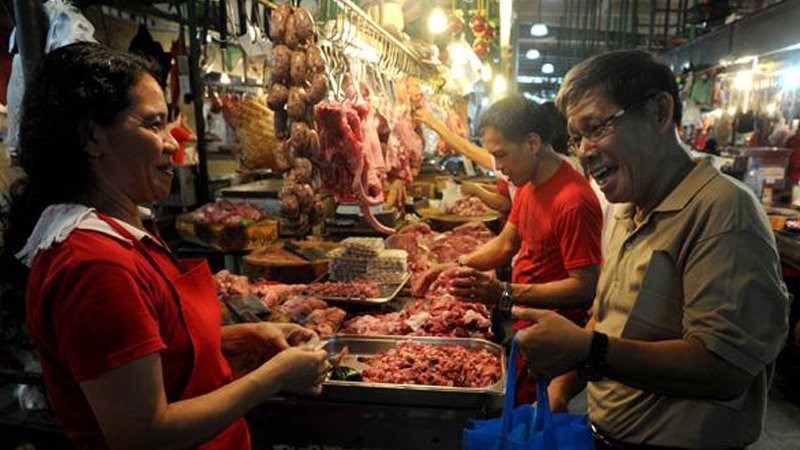Rising inflation
Many people take inflation for granted, perhaps finding it too technical a term to waste time studying or understanding it. But it’s something that affects everyone, especially the poor. The government monitors the prices of a basket of essential goods and services such as food, clothing and electricity and water rates. The average change in their prices is what is referred to as inflation.
Last month, the prices of these basic goods and services rose by an average 2.5 percent year-on-year, up from 2.3 percent in October and above market expectations of 2.2 percent. In November 2015, inflation was just at 1.1 percent. On a month-on-month basis, consumer prices rose by 0.6 percent—the biggest jump since July 2014. It was the highest inflation rate since December 2014, when consumer prices rose by an average 2.7 percent, and it matched the inflation level in February 2015 as prices increased at a faster pace for housing, utilities and transport.
Article continues after this advertisementThe culprit was the rising prices of petroleum products, which comprise the bulk of the nonfood commodity basket usually bought by the average Filipino household. Last month, there was an uptick in nonfood inflation due to higher electricity, housing, gas, transport and water costs. This was, in turn, caused by the increasing prices of crude oil that the Philippines imports following the move by the Organization of Petroleum Exporting Countries (Opec) to curb supply in the world market.
The prospects for 2017 are that crude oil prices will continue to increase. The World Bank has raised its 2017 forecast for crude oil prices to $55 a barrel as Opec members prepare to cut production after a long period of abundant supply. In its latest Commodity Markets Outlook, the World Bank said prices of energy—oil, natural gas, even coal—are expected to rise by as much as 25 percent next year. While it expects oil prices to average $43 a barrel this year, spot prices have already touched $50 a barrel, or double their lowest level for 2016.
This is bad for the Philippines, which imports more than 90 percent of its petroleum requirements. Higher crude prices normally lead to higher transport fares and electricity rates as the country’s power plants run on either oil, gas, or coal. These, in turn, lead to higher costs of production, forcing many manufacturers to increase prices.
Article continues after this advertisementThe Bangko Sentral ng Pilipinas already expects inflation to gradually pick up in the coming months and hit the midpoint of its target range of 2-4 percent in the first half of 2017. Besides strong household consumption, the driver of domestic economic activity, rising investments and government spending also influence higher inflation. Currency weakening is likewise expected to cause a slight uptick in inflation. Monetary authorities are also watching petitions for transport fare adjustments.
The proposed imposition of higher excise tax on petroleum products and its effect on transport fares will also lead to higher prices of basic goods as transportation is a component of production expenses. The Department of Finance is pushing to increase the excise tax on regular, leaded, unleaded and premium gasoline to P10 a liter from the current P4.35. It also intends to slap an excise tax of P6 a liter on asphalt, bunker fuel oil, denatured alcohol, kerosene, LPG and processed gas. These products are currently exempted from excise taxes.
Inflation is something that affects us all, but its adverse impact is most profound on those with less in life. The middle class can just cut back on spending for things that are less essential, like eating more at home than in fancy restaurants. However, the poor do not have that much of a choice. Whatever little they have is just enough for their food requirements, and any increase in inflation will lessen the amount of food that they can buy. It is, therefore, very crucial for the government to help the poor who cannot escape the impact even of a manageable inflation rate.

















